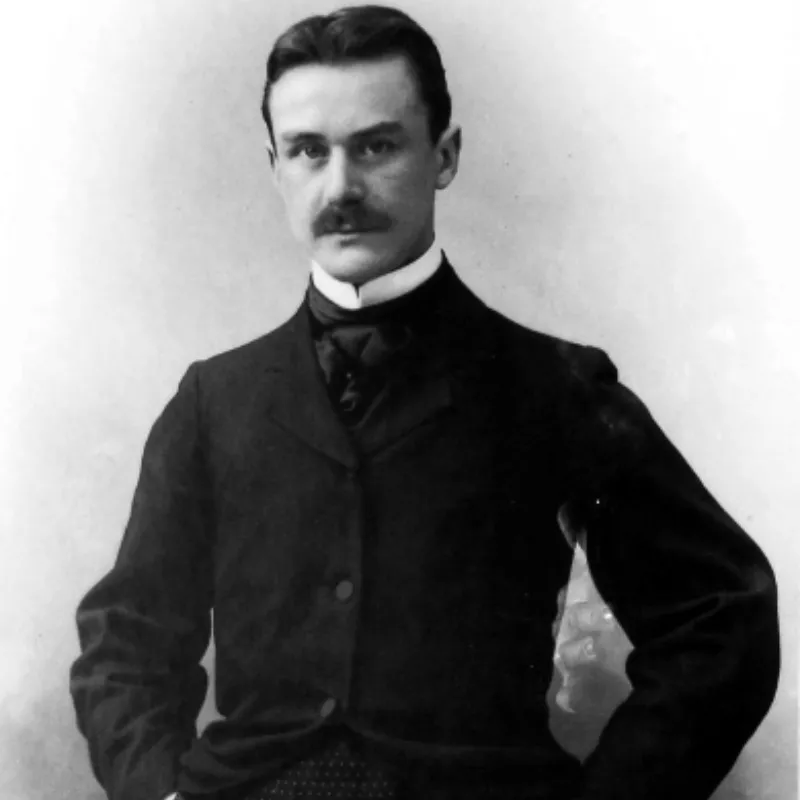Famous Organists
Shaping Lübeck's sound and style
The position of organist at St Marien has existed since at least 1377. Lübeck, as a cosmopolitan city, also had a fantastic reputation for cultural life and church music. And so some of the most important musicians of their time came to this church.
Organists at St Marien
A significant work
For centuries, the church music of St Marien has had an influence far beyond Lübeck and plays a central role not only within the parish. Names such as those of the Marienorganists are synonymous with musical excellence and remain remembered to this day as important church musicians. Their mostly long-standing careers underline their close connection to the church and the continuity of musical quality.
The first reference to music being performed at this church dates back to 1377. It mentions an organist. Choral singing has been documented since 1462.
A Chronology:
(the figures in brackets refer to his work at St. Mary's)
Rotgerus (around 1377)
Jürgen Olde(n) (around 1465)
Cord van Ymen (around 1478)
Bartold Hering (around 1555)
David Aebel (Ebel) (1555–1572)
Heinrich Rol(l)ecke (1572–1578)
Hinrich Marcus (1578/79–1611)
Hermann Aebel (Ebel) (1611–1616)
Petrus Hasse (1616–1640)
Johannes Schleet (1640–1641)
Franz Tunder (1641–1667)
Dieterich Buxtehude (1668–1707)
Johann Christian Schieferdecker (1707–1732)
Johann Paul Kunzen (1733–1757)
Adolph Carl Kunzen (1757–1781)
Johann Wilhelm Cornelius von Königslöw (1781–1832/33)
Gottfried Herrmann (1832–1845)
Hermann Jimmerthal (1845–1886)
Karl Lichtwark (1886–1929)
Walter Kraft (1929–1972)
Ernst-Erich Stender (1973–2009)
Johannes Unger (since 2009)
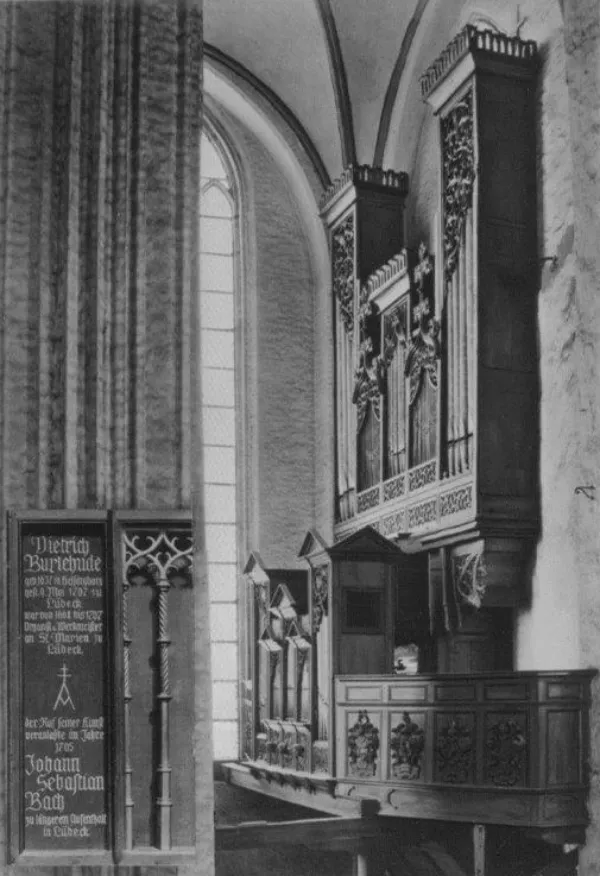
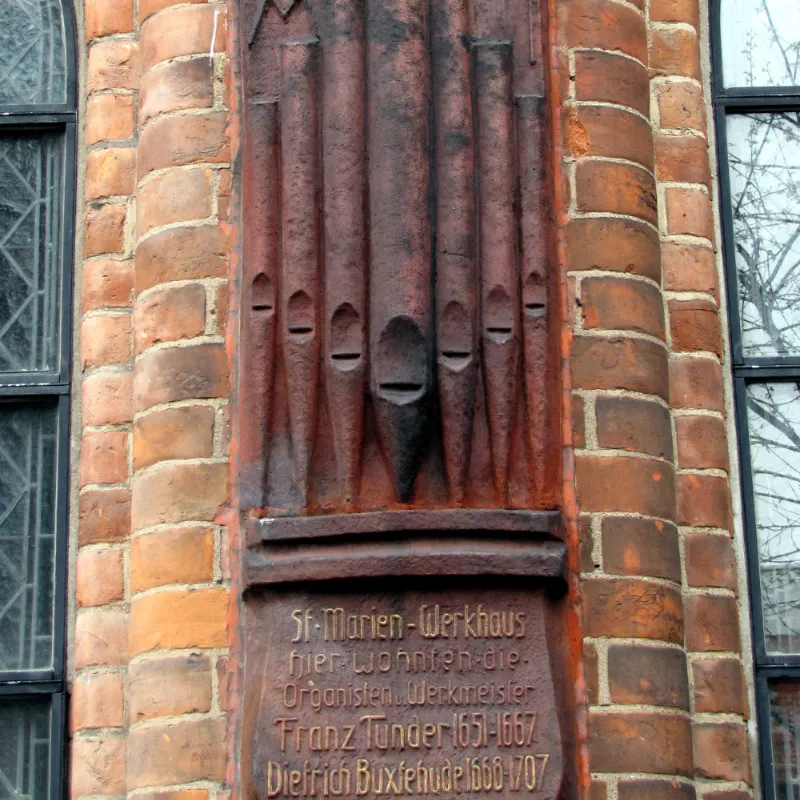
Franz Tunder
Franz Tunder (1614-1667) was born in Burg on Fehmarn and became organist of the Gottorf court chapel at the age of 18. In 1641, he became organist at St Marien and later also its master craftsman (bookkeeper and accountant).
It is highly likely that he was responsible for the "Lübecker Abendmusiken" (Lübeck evening concerts). His few surviving organ and vocal works reveal him to be an important composer.
Hermann Jimmerthal
Hermann Jimmerthal (1809–1886) studied organ playing with Felix Mendelssohn-Bartholdy, among others. He made a significant contribution to music history by reviving the cantatas and organ music of Bach (from 1836) and Buxtehude (1877).
In his organ concerts, Jimmerthal sometimes played his own arrangements of symphonic works by Haydn, Mozart and Beethoven. Jimmerthal entered literary history as the character of organist Edmund Pfühl in Thomas Mann's novel Buddenbrooks.
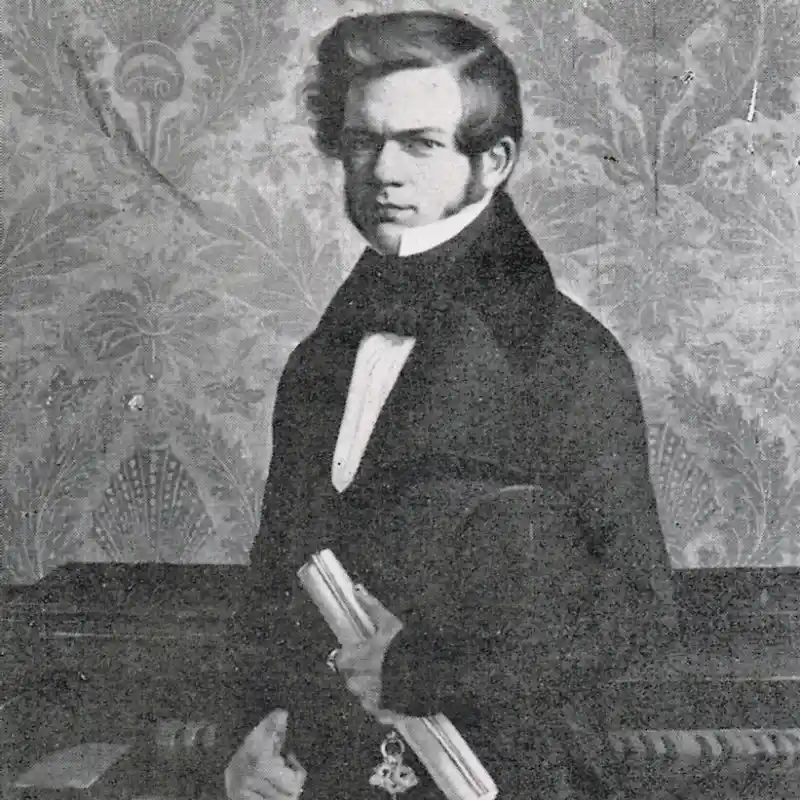
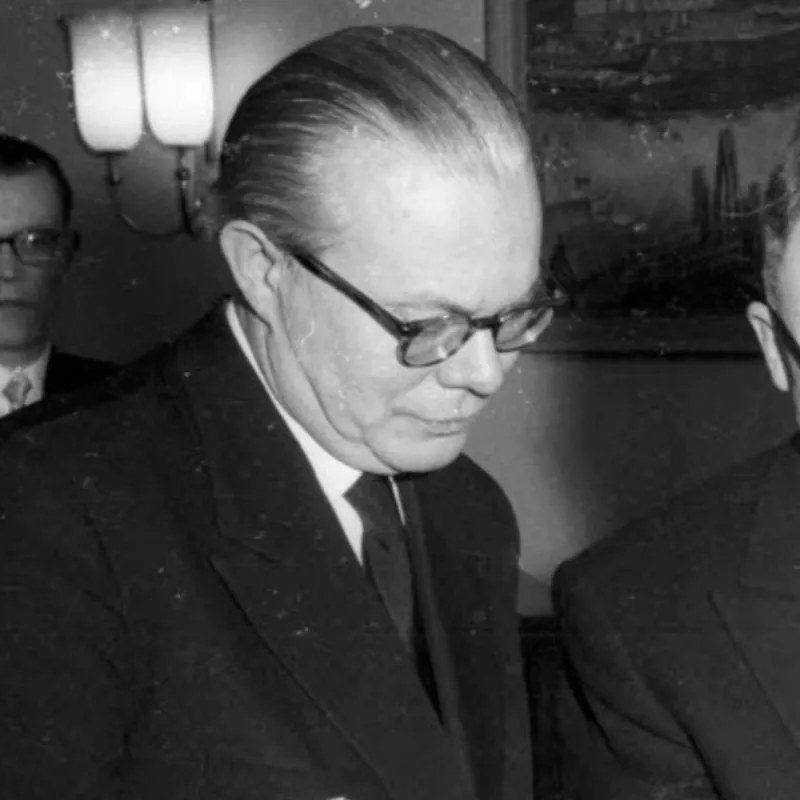
Walter Kraft
Walter Kraft (1905–1977) was organist at St Marien from 1929 to 1972. He was particularly committed to reviving early music. He was an important concert organist and teacher.
His numerous compositions combine early music with modern sounds. The "Lübeck Dance of Death" for soloists, choir and instruments is his best-known work.
Ernst-Erich Stender
Ernst-Erich Stender (born 1944) was appointed organist at St Marien in 1972 and professor of organ performance at the Lübeck University of Music in 1989. Every year, he organised major organ cycles on the two organs at the church.
Concert tours take him to many countries around the world. Numerous CD recordings featuring works by Buxtehude (complete recordings), Bach, Reger, Liszt, Bruckner, Beethoven and others, as well as improvisations, document his versatility.
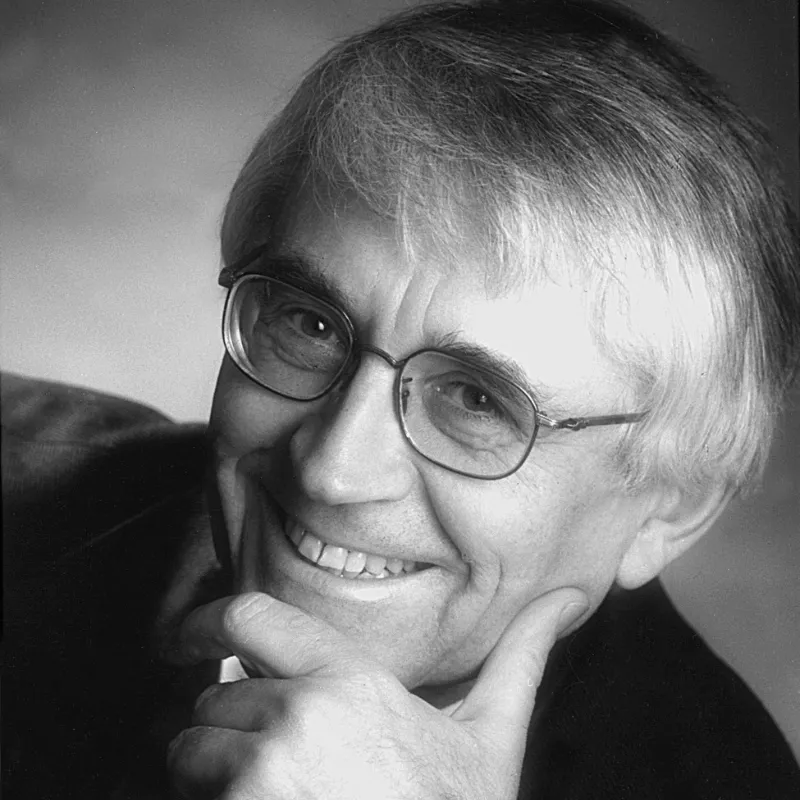
...it is the music...
Sometimes, on Sundays, little Buddenbrook was allowed to attend the service in St Marien up at the organ, and that was quite different from sitting downstairs with the other people in the nave. High above the congregation, even higher than Pastor Pringsheim in his pulpit, the two sat amid the roar of the mighty sound masses that they unleashed and controlled together, for with blissful zeal and pride, Hanno was sometimes allowed to assist his teacher in handling the registers."
From:
Thomas Mann, Buddenbrooks: The Decline of a Family
Novels and Stories/Volume 1
Aufbau Verlag Berlin 1974
